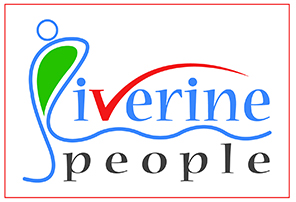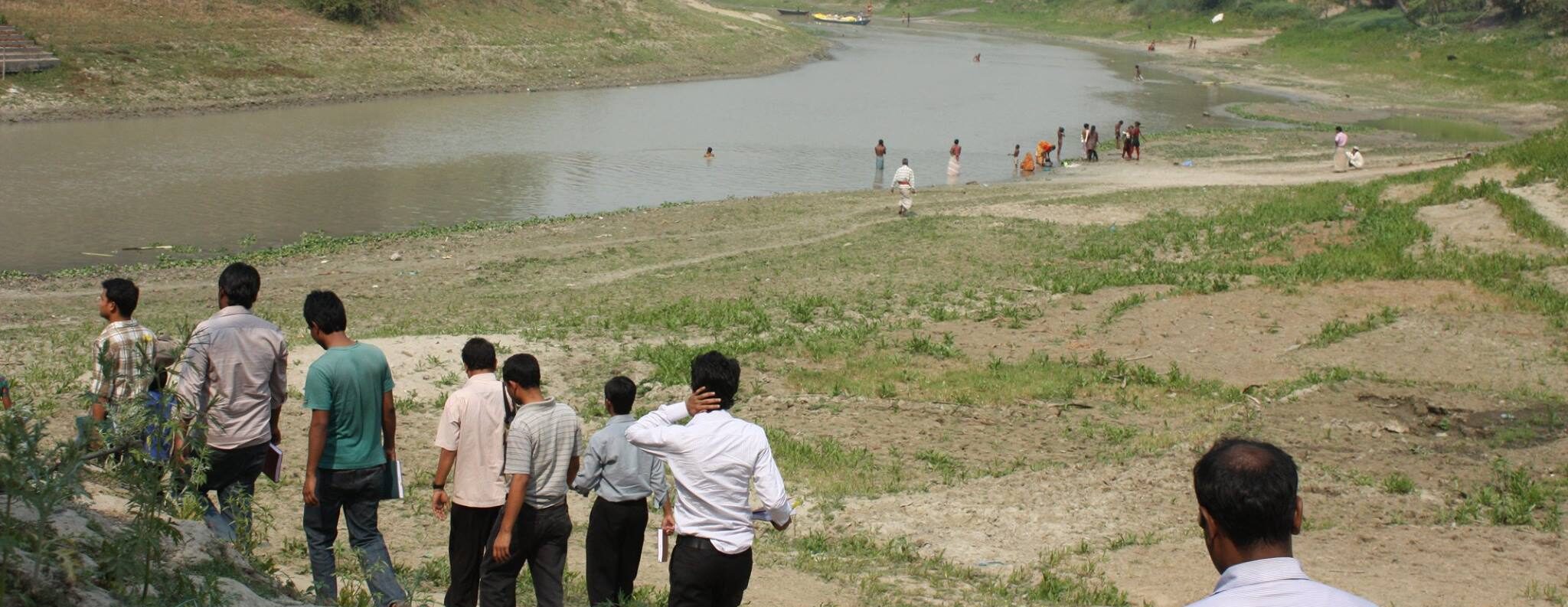‘Riverine People’ has been forging and implementing a module conceptualize as ‘Academic Documentation On River & Ecology’ (ADORE) to restore rivers. Riverine People believes, ADORE would play a living link between the community people and the decision makers regarding river conservation through evidence-based documentation.
Academic approach with the community participation is the uniqueness of this model. To understand the river and its current situation, ADORE priorities field-based knowledge enhancement along with the secondary literature review. Field observation, focused-group discussion, opinion survey, satellite image analysis are some tools used by the ADORE research team to develop research documents on rivers in Bangladesh.
The university committee of Riverine People usually conducts the academic documentation. The draft content of each study goes through several reviews by the peer research groups and community participants before finalizing. The community, movement or committees play the role of river observer with citizen science tools. Riverine People keeps advocacy works upon the results of academic documentation and citizen science application.
Riverine People conducted Academic Documentation on-
1. Boral River (2011)
2. Dakatia River (2011)
3. Jinjiram River (2015)
4. Louhajang River (2017)
5. Ganga-Kapataksha Irrigation Project (2019)

